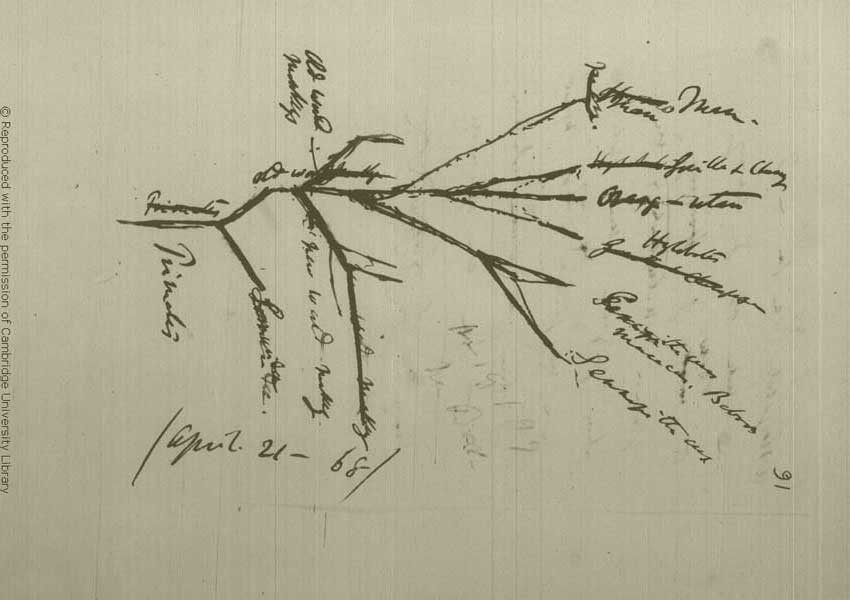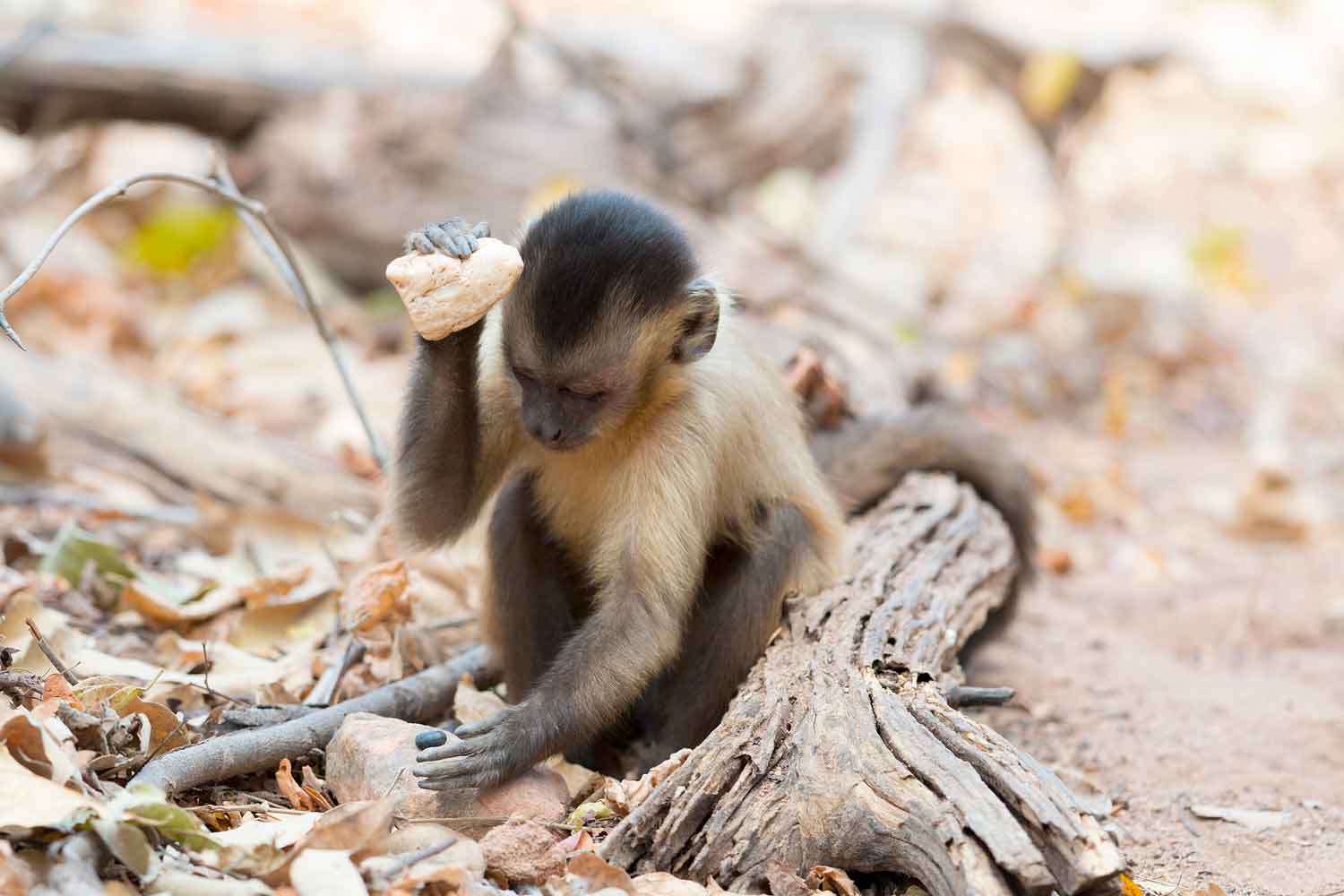Blog articles
Research highlight: Looking at what Darwin knew about primate relationships
I provide a context for Darwin's ideas about human and primate relationships and update Descent of Man with today's knowledge.

Research highlight: Accurate depiction of uncertainty in ancient DNA research: The case of Neandertal ancestry in Africa
An article in the Journal of Social Archaeology looking at how researchers shaped public perceptions of Neandertal DNA heritage in living people.

How the lives of mothers matter to offspring survival in wild primates
A paper by Matthew Zipple and coworkers finds that the survival of young primates depends on their mothers "well beyond the age of weaning".

A palimpsest of artifacts on a glacial landscape
A look at work by Lars Pilø and coworkers who have collected artifacts from a melting Norway glacier.

Looking at the traces of wear on tools used by capuchin monkeys
Studying microscopic traces of wear on tools helps create a comparative body of data for early hominin use of tools.

Research highlight: Making ancient DNA more ethical
I helped to draft a statement for the American Society of Human Genetics on responsible research on ancient DNA.

An update to the 23andMe ancestry algorithm, how it constructs a model of ancestral populations
A blog post from the company describes for beginners how ancestry inference works.

Why does ethical ancient DNA sampling seem so complicated?
Working with communities can be challenging but is essential to build a strong science of the past.

Research highlight: A look at the questions raised by Homo naledi
A chapter that presents some of the key topics shaping our continuing investigations of the Rising Star cave system.

Research highlight: How the pandemic must change field research
A group of field scientists come together to evaluate the impact of COVID-19 on our work.
